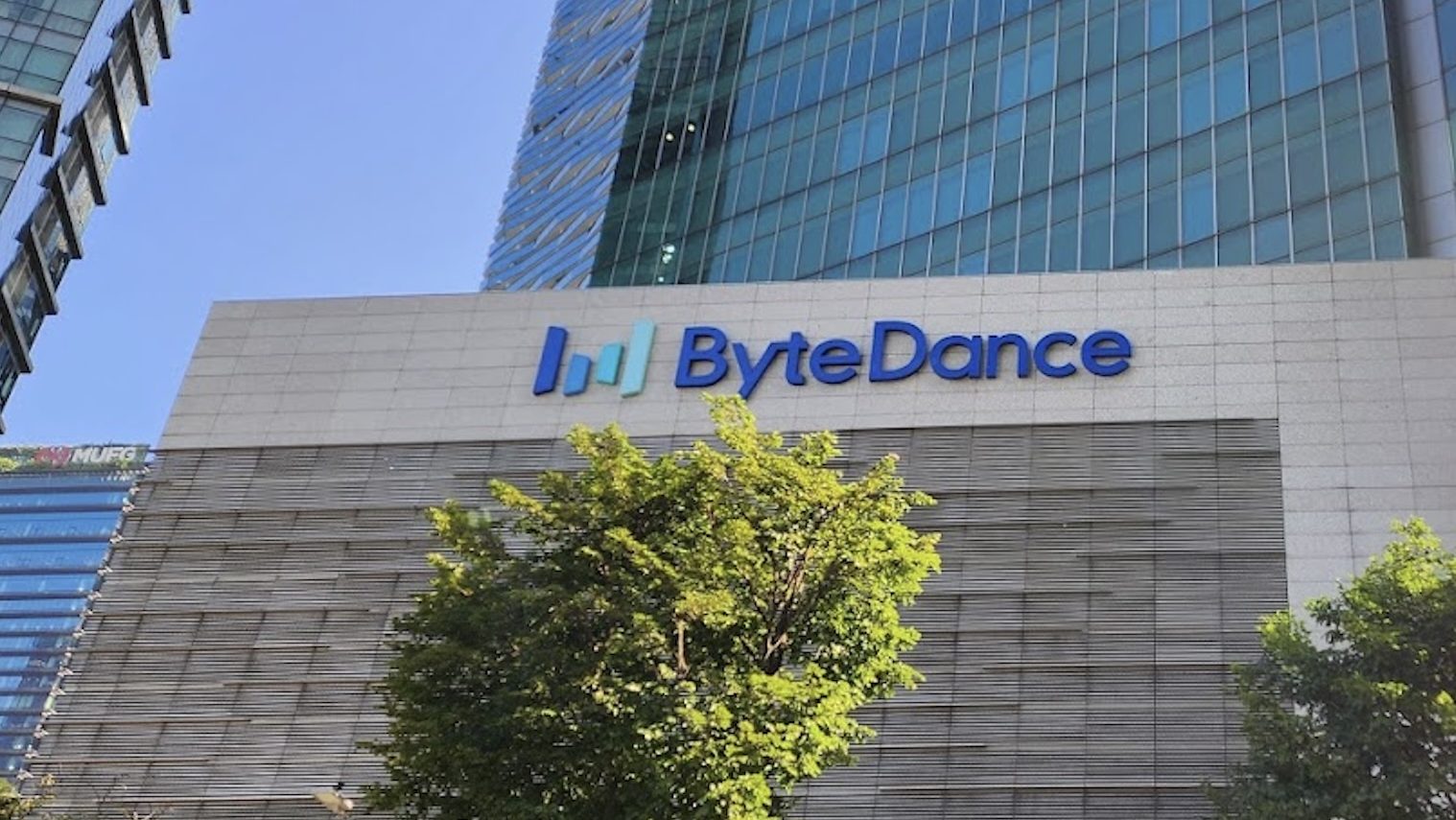SINGAPORE: A Jan 22 (Wednesday) report in the Financial Times said that the Chinese internet company ByteDance, which owns TikTok, is asking some employees in Singapore who are Chinese citizens to pay taxes to Beijing. TikTok is arguably the most popular social media app at the moment.
The report says that if they do not, they risk losing the ability to cash out on their stock options amid increased enforcement of China’s global tax scheme.
The Financial Times cited sources familiar with an internal memo dated Jan 21 informing ByteDance employees from China who have moved to Singapore that they must declare their incomes to the tax authorities in Beijing and pay the relevant taxes “to cash out on stock options that make up a significant portion of their pay”.
Chinese citizens hired locally in Singapore were also “encouraged” to declare their income in Beijing, though they are not required to do so.
The number of Chinese ByteDance workers in Singapore is not insignificant. FT said that over 1,000 employees might be affected and that the tax difference between the two countries could be as much as 21 percentage points. How high each worker’s wages are will also be considered since Singapore’s and China’s tax computations depend on this.
Many workers at ByteDance receive their salaries as restricted stock units, which the company later buys back.
However, affected employees on the higher pay scale might be unhappy with the memo. In mainland China, the highest marginal tax rate is 45%. In Singapore, it is only 24%, while in Hong Kong, it’s even lower, at 15%. FT noted that Singapore and Hong Kong have many Chinese citizens living and working there.
Over the past few years, Beijing has endeavoured to increase tax revenue collections, especially with the slowing down of China’s economy. The government changed income tax rules in 2019 and began to allow the collection of revenue from its workers in other countries. However, the Financial Times reported that enforcement has not been rigorous, adding that most overseas workers must report their taxable income voluntarily. There are yet to be written consequences for those who fail to do so. /TISG

